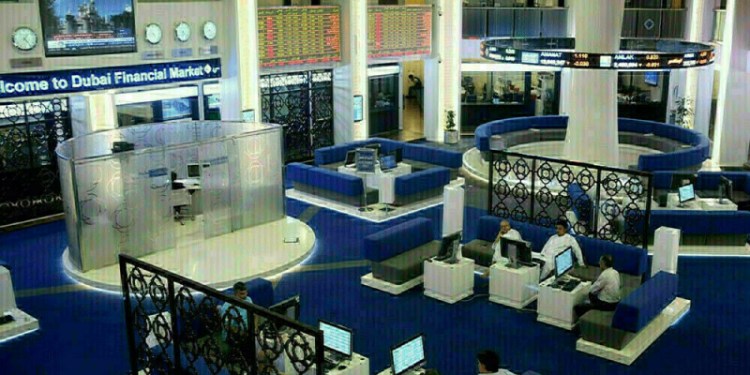
The International Monetary Fund (IMF) has expressed concern over the impact of the Israel-Hamas conflict on the already fragile global economy, particularly oil markets. This warning came during the IMF-World Bank annual meetings held in Marrakech, Morocco this week. IMF Managing Director, Kristalina Georgieva, highlighted that such shocks are increasingly becoming the norm in a fragmented world economy.
Georgieva drew attention to the potential economic consequences of the conflict involving Palestinian militant group Hamas, which has led to thousands dead in Gaza. The World Economic Outlook report had already predicted weak global growth, and this conflict further threatens that prediction.
Despite the initial surge in global oil prices due to the conflict, prices have since stabilized. However, there remain fears of other nations intervening and causing disruption to supply flows. Pierre-Olivier Gourinchas, IMF’s chief economist, warned of potential deceleration in global growth and inflation hikes due to oil price fluctuations.
The International Energy Agency (IEA), however, reassured that the risk of oil supply disruptions due to the war is limited.
In addition to addressing this crisis, world economy leaders at the meeting are also grappling with other challenges such as poverty reduction and climate change. They are devising strategies to help heavily indebted poor nations navigate through what Georgieva termed as a “not-the-sunniest horizon for the world economy.”
Despite these challenges, the IMF maintains a modest growth forecast of 3% for this year, with a slight reduction to 2.9% in 2024.
This article was generated with the support of AI and reviewed by an editor. For more information see our T&C.
Source: Investing.com





























